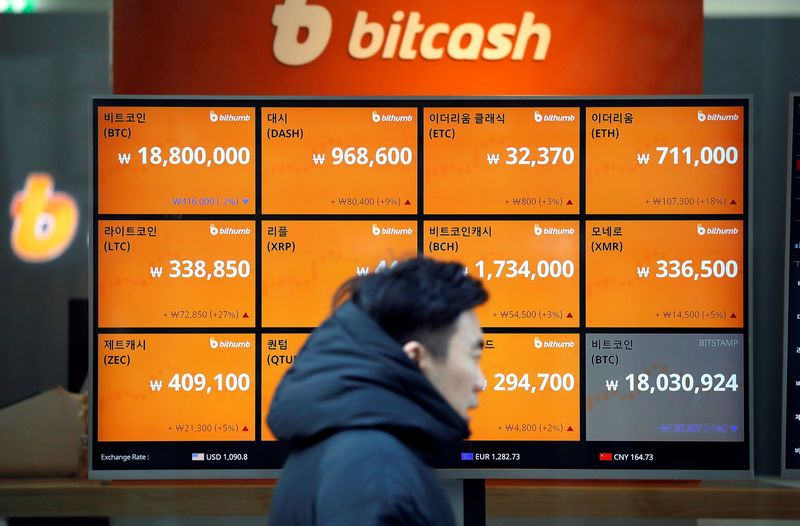U.Today – Dormant whales continue to emerge from the slumber they have spent the last 10-12 years in. Today, according to popular blockchain tracker Whale Alert, which monitors large cryptocurrency transactions, another wallet was reactivated after many years of staying out of the market game.
This whale has seen massive growth on his initial Bitcoin investment, made when the shadow of BTC's mysterious creator, Satoshi Nakamoto, still loomed over the crypto community.
Satoshi-era wallet returns with huge gains
The wallet in question was reactivated after 11.9 years of non-use and contains 31 BTC. This seemingly modest amount of the original cryptocurrency now comprises the equivalent of $1,813,156 in fiat, whereas in 2012 it was worth just $362. This constitutes a staggering 500,772% increase in profits.
Over the past month, the aforementioned data source shared that at least a dozen Bitcoin whales had recovered their previously dormant BTC wallets. Each of them showed massive percentage gains in profits.
Bitcoin ETFs keep losing Bitcoin
As reported by analytics account @spotonchain, Bitcoin spot ETFs continue to see massive outflows, now happening for the sixth day in a row. The only Bitcoin ETF to see a net positive inflow was Bitwise, with a modest $9.5 million in BTC inflow.
As for the rest of the ETF cohort, Fidelity, Grayscale and VanEck faced outflows of $7.6 million, $34.2 million and $4.9 million on Sept. 4.
The rest of the Bitcoin ETFs, including BlackRock's IBIT, the largest spot BTC fund, saw no inflows or outflows. In total, the ETFs lost $37 million worth of Bitcoin on Wednesday.
These ETFs, which have already seen large Bitcoin outflows over a week, have contributed to the overall bearish impact on the market recently. Moreover, yesterday, Bitcoin’s 5.37% price drop was also affected by the astonishing sell-off in the US stock market, with approximately $1 trillion worth of shares sold.
According to financial analyst Jim Cramer, the sell-off affected artificial intelligence, data center and computing companies, as well as those operating in the housing and oil sectors. This coincided with the US Department of Justice issuing a subpoena against the giant Nvidia (NASDAQ:) and other chip manufacturing companies, suspecting them of violating antitrust laws.
This article was originally published on U.Today










